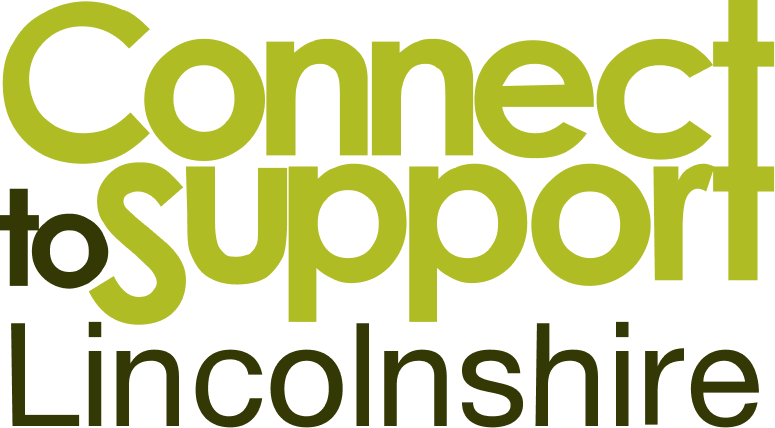There are a range of services available to you to benefit your Mental Health. Some of these are detailed below.
H.A.Y Lincolnshire
How Are You (H.A.Y.) Lincolnshire is a family of websites that brings together everything in the local community that boosts wellbeing.
Connecting with others, getting active, learning a new skill, being creative, seeking professional support, exploring the outdoors, volunteering – all of these things (and more) can improve our wellbeing. However, it isn’t always easy to know what is out there locally or to feel comfortable trying something new.
From yoga to singing, sports clubs to arts groups, or perhaps somewhere to talk or get a cup of tea, H.A.Y. Lincolnshire brings you ideas of local things to do to get a wellbeing boost, plus a wide range of local professional support.
Visit the H.A.Y. Lincolnshire website to find out more.
Lincolnshire Wellbeing and Recovery College
LPFT also run the Lincolnshire Wellbeing and Recovery College – they offer free courses about mental health, recovery and wellbeing. Courses are open to anyone aged 16 and over who lives or works in Lincolnshire.
You can find out about the courses they are running by looking at their timetable.
Shine Lincolnshire
Shine Lincolnshire are a Lincolnshire charity that offers mental health services for adults.
Free Ukrainian and Russian Translations of Trauma and PTSD Psychoeducational Resources
The website Psychology Tools has translated a selection of trauma psychoeducation resources into Ukrainian and Russian, making them available for free for everyone to download and use. Visit the Psychology Tools website to view the resources.
Five ways to good mental wellbeing
Learn more about five ways to good mental wellbeing on the poster below, available in English, Ukrainian and Russian. Alongside various tips, the poster also links to a range of support services available to Lincolnshire residents.
Five ways to good mental wellbeing - English
Five ways to good mental wellbeing - Ukrainian
Five ways to good mental wellbeing - Russian
Free trauma and self-care resources from Beacon House
Beacon House, a specialist therapeutic service for young people, families and adults has released a series of resources for refugees and those supporting them. The resources are available to download in English, Ukrainian and Russian from the Beacon House website.
World Health Organisation: 'Doing What Matters in Times of Stress: An Illustrated Guide'
‘Doing What Matters in Times of Stress: An Illustrated Guide’ is a stress management guide for coping with adversity. The guide, from the World Health Organisation, aims to equip people with practical skills to help cope with stress. A few minutes each day are enough to practice the self-help techniques. The guide can be used alone or with the accompanying audio exercises.
Informed by evidence and extensive field testing, the guide is for anyone who experiences stress, wherever they live and whatever their circumstances.
The guide is available in English, Ukrainian and Russian.
Night Light Cafés run by Acts Trust
Acts Trust are running Night Light Cafés at various locations around Lincolnshire - these are drop-in sessions for people who are experiencing mental health difficulties in their life. The cafes provide non-clinical support and signposting from 8pm-midnight throughout the week.
You can get in touch before you attend, or you can simply drop in and speak to someone. Further contact and location details are available on the Night Light Café website or you can make contact with them by telephoning 0300 011 1200 or by emailing nightlight@actstrust.org.uk.
